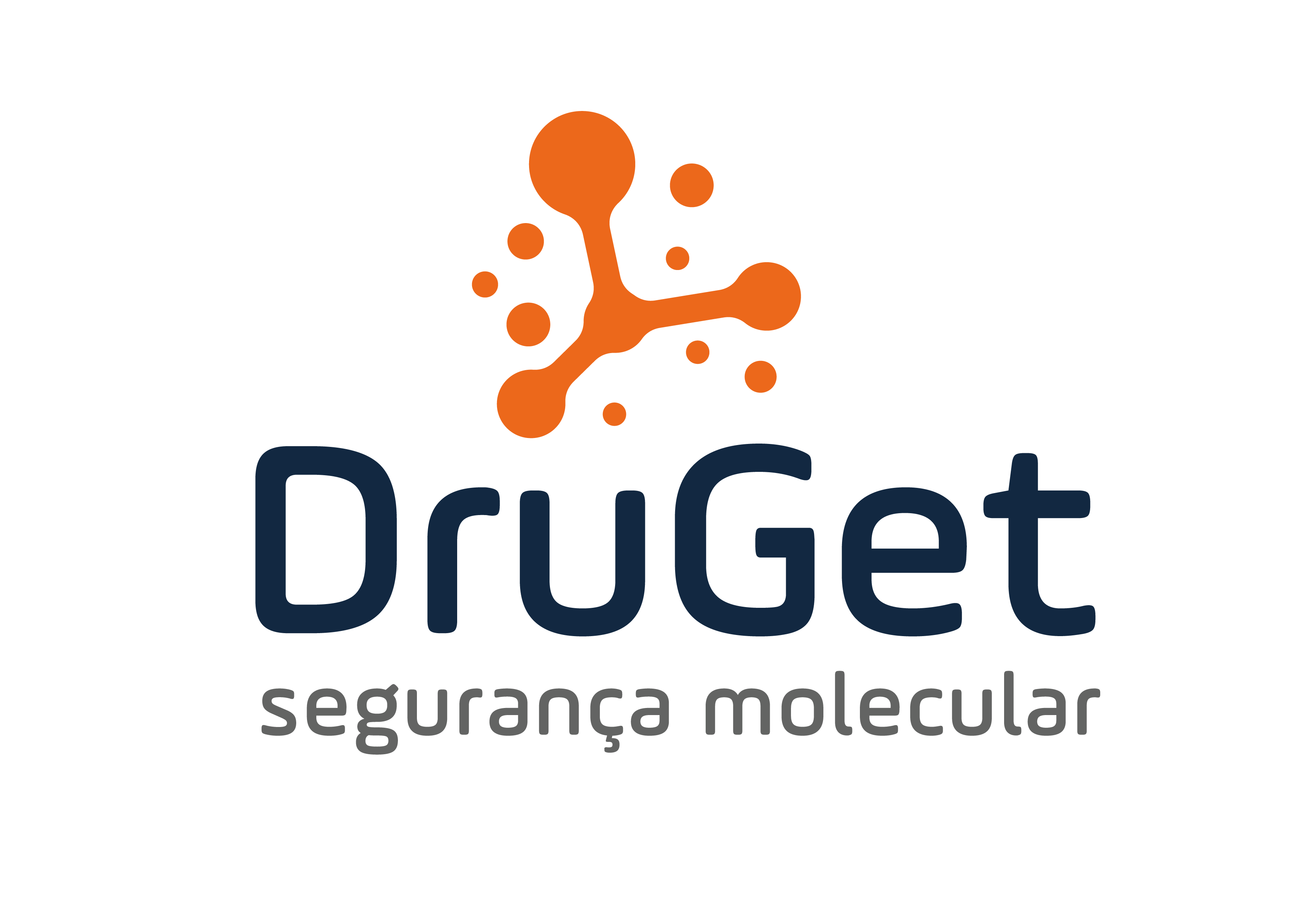The research of new drugs is undoubtedly essential for advancing medicine and developing increasingly effective treatments. However, when human testing is involved, numerous ethical dilemmas arise, requiring even more careful attention from researchers and regulatory agencies. These dilemmas are not only fundamental but also necessary to ensure that participants are properly protected and that the integrity of the research is maintained.
Vulnerability of Participants in Clinical Trials
Often, clinical trials involve particularly vulnerable populations, such as the elderly, children, or low-income individuals. In some cases, these participants may not fully understand the associated risks. Moreover, in developing countries, where socioeconomic conditions are more precarious, access to healthcare may depend on participation in research, thus compromising the informed consent process.
Placebo Use and Ethical Concerns
The use of placebos is a common and essential practice to measure the efficacy of new drugs. However, when an effective treatment is already available, denying the standard treatment to the placebo group can undoubtedly raise serious ethical concerns about justice and fairness in the treatment of participants. Therefore, clinical research must find a delicate balance between the need for reliable data and patient well-being.
Informed Consent: A Pillar of Ethical Research
Ensuring that all participants clearly understand the risks and benefits of the study is fundamental. However, cultural and language barriers can make this understanding more difficult, especially in regions less familiar with scientific research. This, in turn, may negatively impact conscious decision-making and potentially compromise the consent process.
Conflicts of Interest in Funded Research
Many studies are funded by pharmaceutical companies, which can lead to potential conflicts of interest. On certain occasions, the pressure for quick or favorable results can compromise the quality and safety of the study. For this reason, maintaining researcher independence is crucial to ensuring that the research follows strict ethical standards, regardless of commercial interests.
Access to Experimental Drugs: The Equity Dilemma
Another dilemma arises, for example, when clinical trial participants have access to experimental drugs that are not yet available to the general public. This undoubtedly raises questions about equity in treatment distribution, especially after the trial has concluded. Ensuring equitable access to new treatments represents a significant challenge, particularly in resource-poor regions.
Post-Research Obligations: Ensuring Positive Impact
Once studies are completed, researchers have the responsibility to ensure that the benefits of the research are, indeed, shared with the community. This includes continuous access to effective treatments and acknowledging social or cultural impacts. Otherwise, failing to meet these responsibilities could lead to inequalities and hinder justice in research.
In Brazil, the National Research Ethics Commission (Conep) ensures that clinical research follows strict ethical standards, protecting participants and ensuring the integrity of studies. Therefore, continuous reflection on ethical dilemmas in drug research is indispensable for science to continue progressing in a fair and responsible manner.







